Question And Answer
Publications
Articles, publications, books, tools and multimedia features from the U.S. Institute of Peace provide the latest news, analysis, research findings, practitioner guides and reports, all related to the conflict zones and issues that are at the center of the Institute’s work to prevent and reduce violent conflict.

Sarhang Hamasaeed on the Challenges Facing Iraq’s New Government
USIP’s Sarhang Hamasaeed says, “Iraq is at its best state in the last five years. The country is recovering from an existential fight with ISIS … and the Kurds are now back in Iraq’s politics and more involved.” Yet, many Iraqis remain disenchanted with the country’s political leaders and are skeptical of the government’s ability to deliver services, security, and jobs.
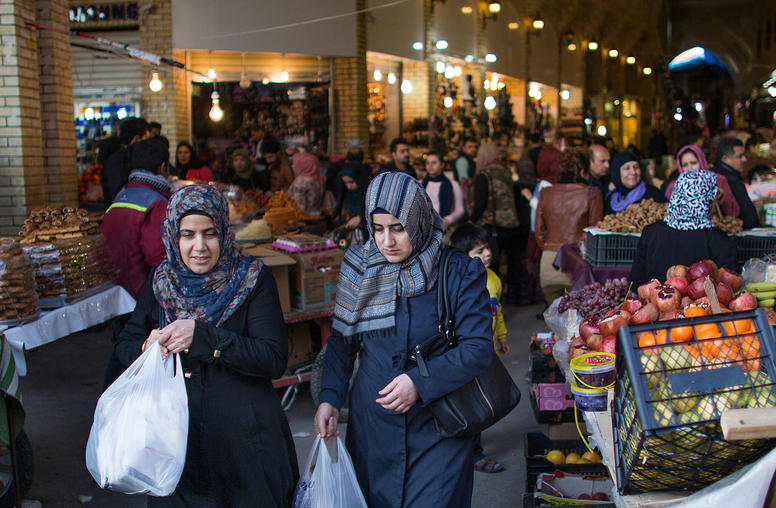
Reaching a Durable Peace in Afghanistan and Iraq: Learning from Investments in Women’s Programming
USIP recently partnered with New America to convene roundtable discussions with government, civil society, and humanitarian, development, and peacebuilding organizations to learn from the past decade of women’s programming in fragile states such as Iraq and Afghanistan. Based on these discussions, this report provides guidance for improving future programming to not only integrate the needs of women but also recognize the role women play in transforming violent conflict and sustaining a durable peace.

Lucy Kurtzer-Ellenbogen on the Egypt-Israel Peace Treaty 40 Years Later
Reflecting on the 40th anniversary of the Egypt-Israel peace treaty, Kurtzer-Ellenbogen says, “One of the big factors with the Egypt-Israel agreement was … bold, courageous leadership that was willing to make unprecedented moves … That’s of course eventually what’s going to need to happen to come to an agreement between the Israelis and Palestinians.”
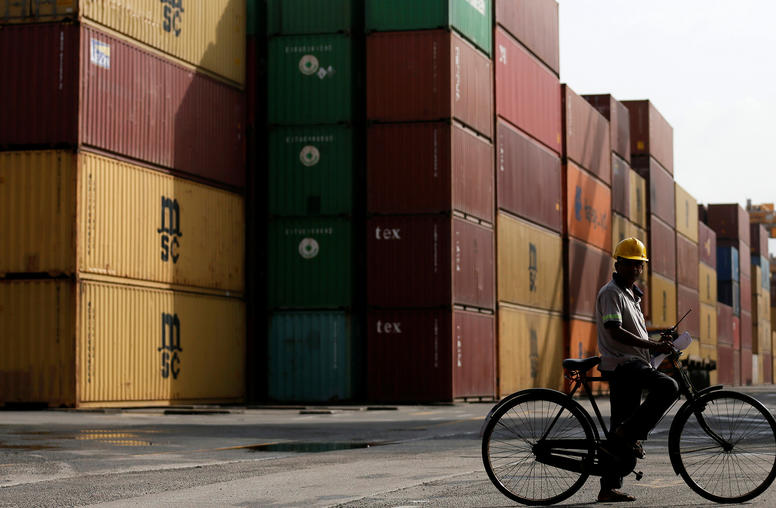
China’s Engagement with Smaller South Asian Countries
When the government of Sri Lanka struggled to repay loans used to build the Hambantota port, it agreed to lease the port back to China for 99 years. Some commentators have suggested that Sri Lanka, as well as other South Asian nations that have funded major infrastructure projects through China’s Belt and Road Initiative, are victims of “China’s debt-trap diplomacy.” This report finds that the reality is...

Nancy Lindborg on Iraq Rebuilding After ISIS
Following her trip to Iraq, Nancy Lindborg discusses the country’s efforts to rebuild after ISIS. “They’ve [ISIS] been deprived of their territory … rebuilding is under way. But, there is very much a sense that the ISIS ideology is alive and well and there are a lot of concerns overall about security,” says Lindborg. “There has been important progress, but it’s very precarious and completely reversible.”

Susan Stigant on the Turmoil in Sudan
The overthrow of longtime dictator Omar al-Bashir could have important implications for Sudan and the broader region, says Susan Stigant. “What we see in Sudan at the moment isn’t just about what’s ha
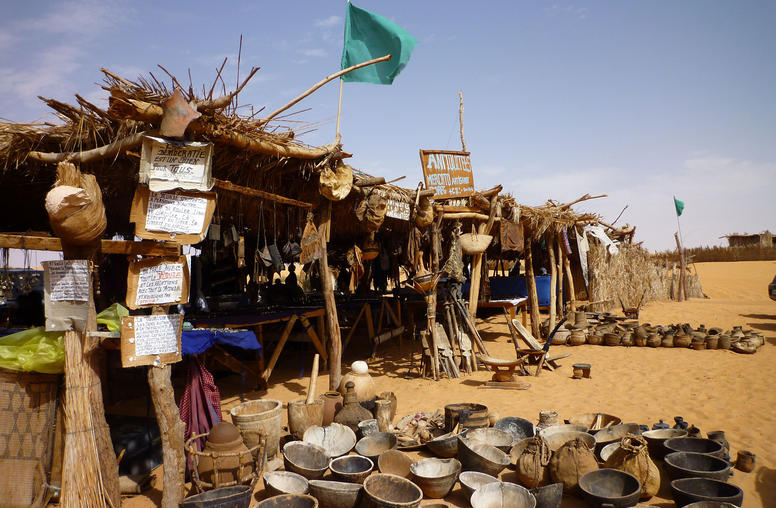
Amid War in Libya’s North, a Peace Effort Launches in the South
The Libyan faction leader, Field Marshal Khalifa Haftar, made global headlines this month with his assault on the capital, Tripoli. But in January, fewer people noticed his preparatory move: a takeover of the country’s vast southern region, Fezzan. Fezzan is mostly desert but flecked with oil fields and agriculturally rich oases. Libya’s U.N.-recognized government, which is Haftar’s rival in claiming power, has largely neglected the south, leaving armed groups from different tribes to fight for control of economic resources. This absence of governance, across an area larger than California, offers a haven for threats to regional and U.S. security interests: human trafficking, arms smuggling, and violent extremist groups.
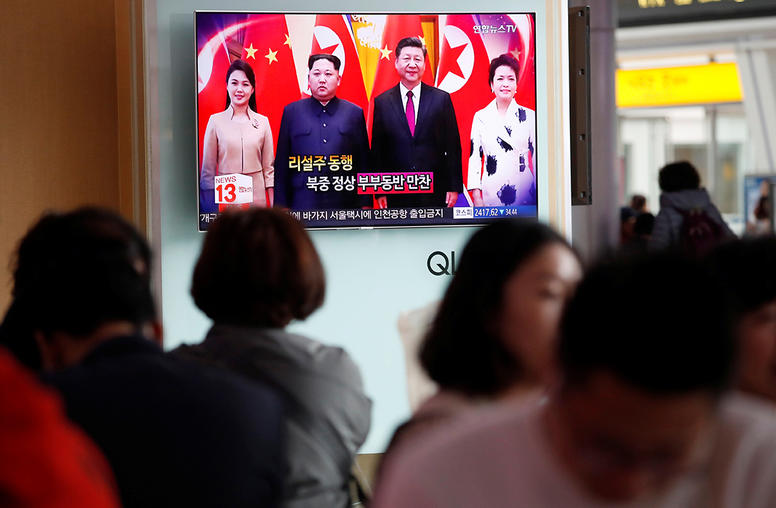
China’s Role in North Korea Nuclear and Peace Negotiations
This is the second in the Senior Study Group (SSG) series of USIP reports examining China’s influence on conflicts around the world. A group of fifteen experts met from September to December 2018 to assess China’s interests and influence in bringing about a durable settlement of the North Korean nuclear crisis. This report provides recommendations for the United States to assume a more effective role in shaping the future of North Korea in light of China’s role and interests. Unless otherwise sourced, all observations and conclusions are those of SSG members.
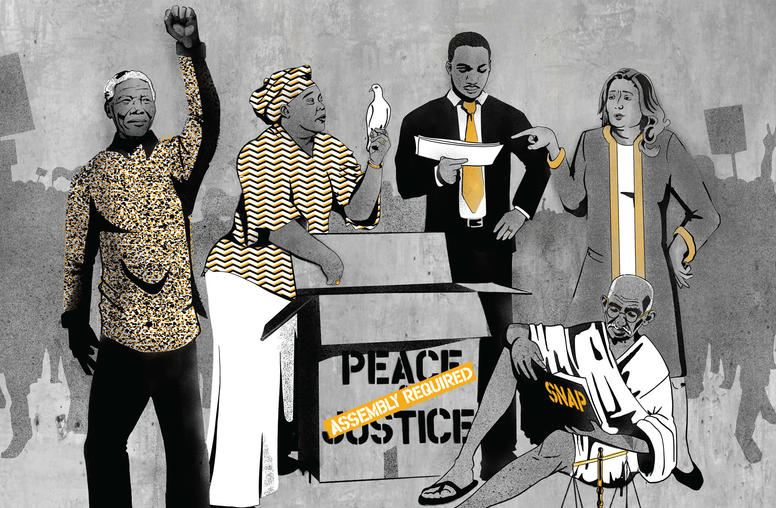
SNAP: Synergizing Nonviolent Action and Peacebuilding
This action guide seeks to build bridges between peacebuilding and nonviolent action practitioners so that methods are used strategically and effectively on the path toward conflict transformation. It shows how dialogue, direct-action skills, and approaches can be synergized to advance justice and sustainable peace. This guide is for trainers, facilitators, and other practitioners serving the many organizers, activists, mediators, negotiators, and peacebuilders who want to learn more about how to integrate nonviolent action and peacebuilding strategies in their work.
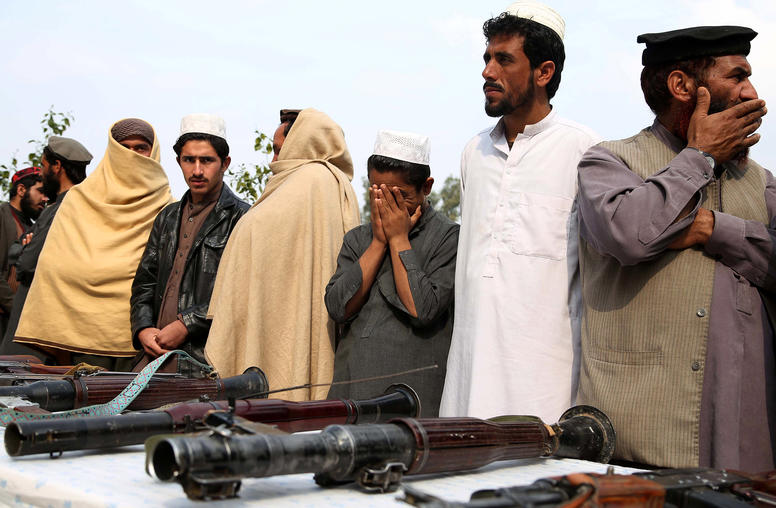
Options for Reintegrating Taliban Fighters in an Afghan Peace Process
A central issue for Afghanistan in achieving stability is making long-lasting peace with the Taliban. The success of any such agreement will depend in large part on whether Taliban commanders and fighters can assume new roles in Afghan politics, the security forces, or civilian life. This report explores that question, drawing on lessons from how similar situations unfolded in Burundi, Tajikistan, and Nepal.